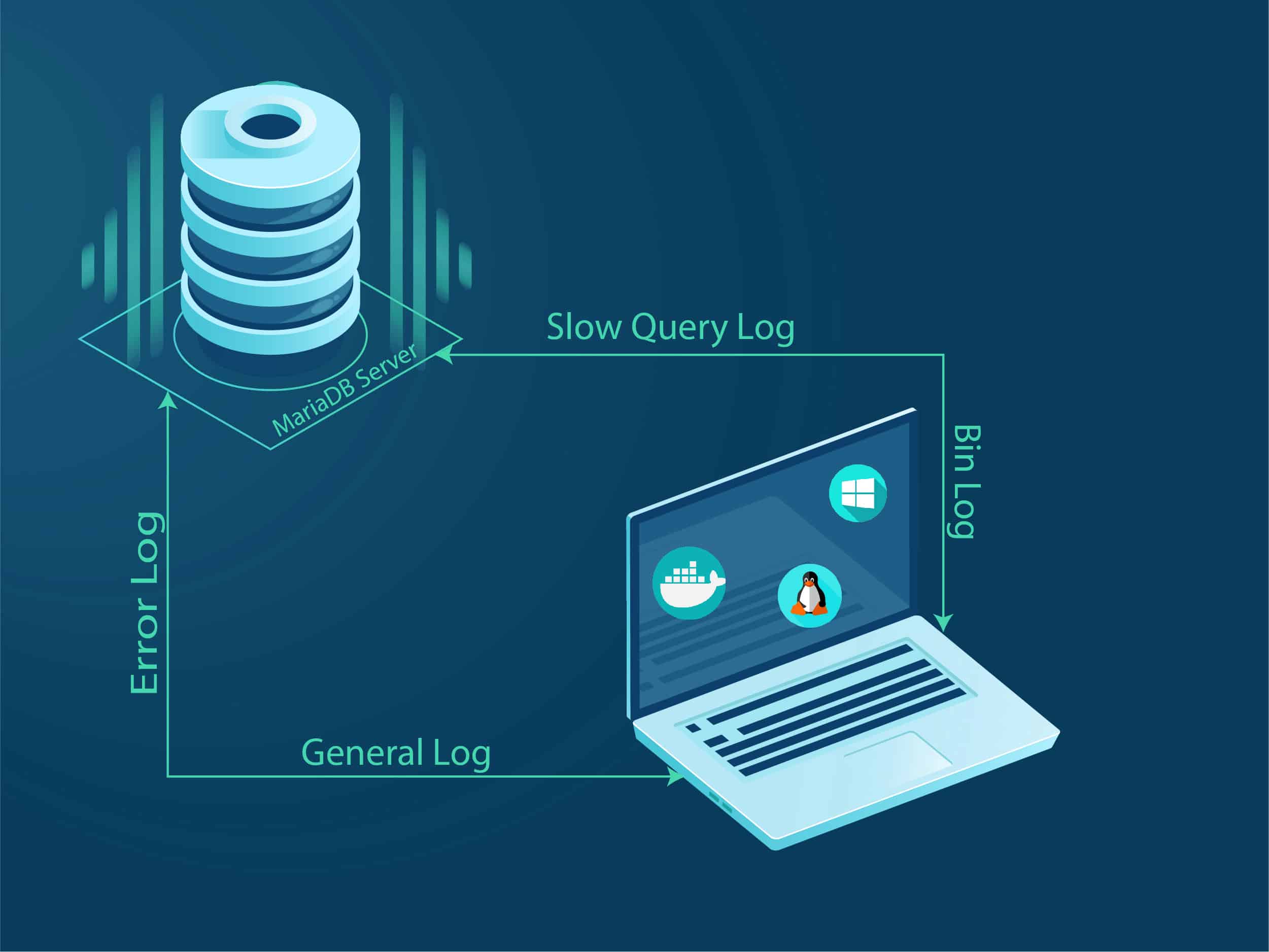Who is a DevOps Engineer Role and Responsibilities
Content
Bugs will need fixing and time will be spent implementing processes in the teams to streamline development. On the social side of things, a DevOps engineer will have to ensure a culture of collaboration is maintained so that teams are working towards persistent improvement. Common challenges with implementing DevOps include organizational silos, lack of communication and collaboration between development and operations teams, and resistance to change. Other challenges can include tooling and automation issues, as well as cultural differences between developers and operations staff. Adopting a DevOps culture can help organizations improve their software development processes and increase their efficiency. It can also help to foster better collaboration between different teams, which is essential for delivering high-quality software products. A DevOps engineer also must know how to use various automation tools for developing continuous integration and continuous deployment (CI/CD) pipelines.
When you first start out, don’t just look at money to assess the value of a role. Instead choose jobs based on how they will contribute to your overall experience. You don’t have to be a certified hacker to design secure systems, but it certainly does help a lot to know about security and understand the type of attack involved in a system you are designing. We monitor systems to tell us when something is an issue or is about to be an issue, and we observe to ensure trends in performance and traffic that helps us make our systems better in the future. Monitoring is about understanding known knowns and known unknowns, with monitoring you test hypotheses about the behaviour of the system. Observability on the other hand is about unknown unknowns; about discovering new issues with richer data and creating hypotheses that can be monitored.
Operations
Well, DevOps Engineer is one of the most highly paid job roles in the world. Obviously, salary depends on multiple factors like – company, skills, geography etc. This team is responsible for solving all sorts of problems that arise in the process. They work with developers and engineers on infrastructure, which means they’re constantly balancing their needs against each other to make sure everything runs smoothly without any hiccups along the way.
Without these skills, you’ll be unable to automate tasks or work with code repositories. If you meet all of the above criteria, then you should have no problem becoming a DevOps engineer.
Jira Software
DevOps inherited a lot of the practices applied to manufacturing in companies like Toyota to produce better vehicles faster and more efficiently. Lean, as the name suggests, is all about keeping your process simple and not creating waste. It is worth familiarising yourself with this and value stream mapping and applying it to your own work. You don’t have to be the life of the party, but some basic people skills go a long way when dealing with colleagues. The term was popularised by Google and they have multiple books on the topic as well as Coursera courses available for free. It is worth studying them even if your title is not formally that of an SRE as there is a wealth of knowledge that you will certainly be able to apply to any DevOps role. For example, instead of having one or multiple containers running in one server, the orchestrator would take care of creating more replicas of servers and containers to serve more traffic on demand.
This makes traditional configuration management tools less necessary. At the same time managing containers brings its own challenges, and experience with the class of tools known as “container orchestrators” (e.g. Docker Swarm or Kubernetes) becomes a necessary skill for the DevOps engineer. DevOps engineers will often be expected to have experience with one or more configuration management tools such as Chef, Puppet, or Ansible. Many organizations have adopted these or similar tools to automate system administration tasks such as deploying new systems or applying security patches to systems already running. The technical skills required of a DevOps engineer will vary depending on the team structure, technologies, and toolsets in use. It’s also important for a DevOps engineer to have a solid understanding of all the components of a delivery pipeline, and to know the pros and cons of available tools and services. Although, in a company that is proactive, a typical day will have a DevOps professional spending their time coding, testing, deploying, and retesting with various DevOps tools.












